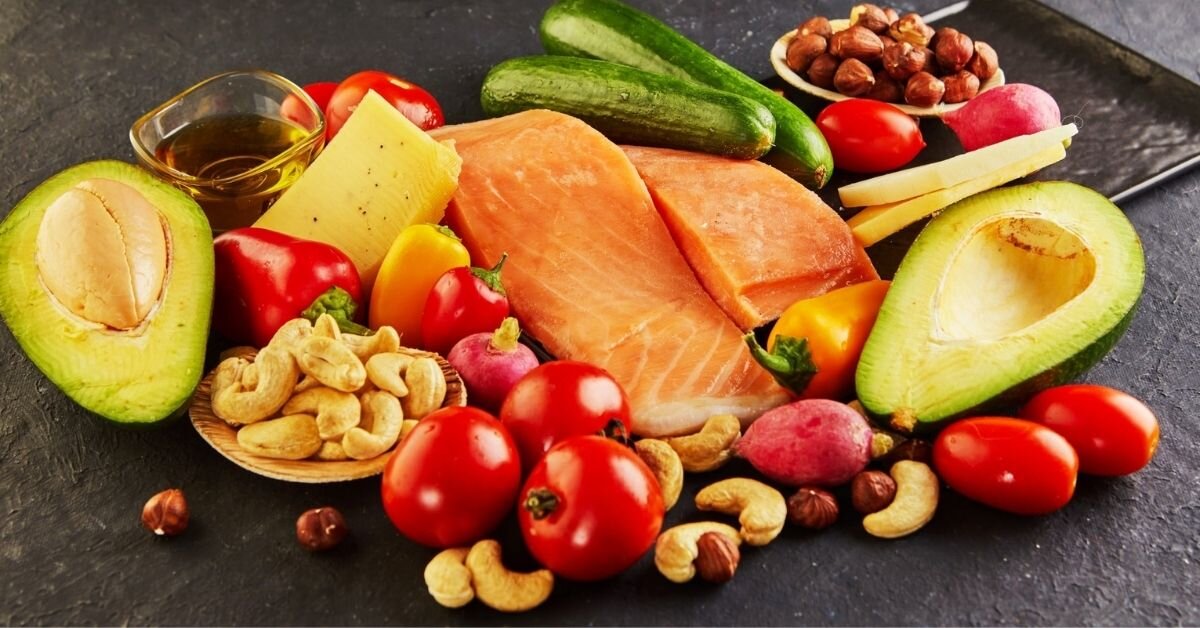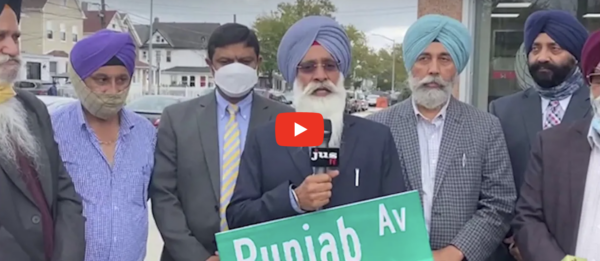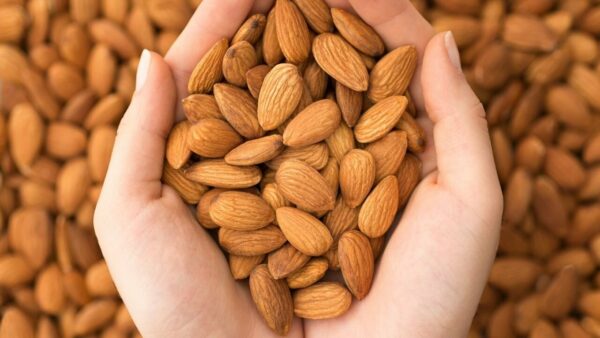If you are on your weight loss journey, your nutritionist must have recommended a low-carb diet. The idea behind is eating foods low in carb so that your body does not receive extra carbohydrates and burn stored fat to promote weight loss. The best part is you do not need calorie counting.
If you are on a low-carb diet and confused about what to eat to satisfy your hunger, balance meals, and treat your taste buds, read our article until the end.
Here in our article, we are providing you with a list of healthy and tasty low-carb foods.
Top 20 Low Carb Foods
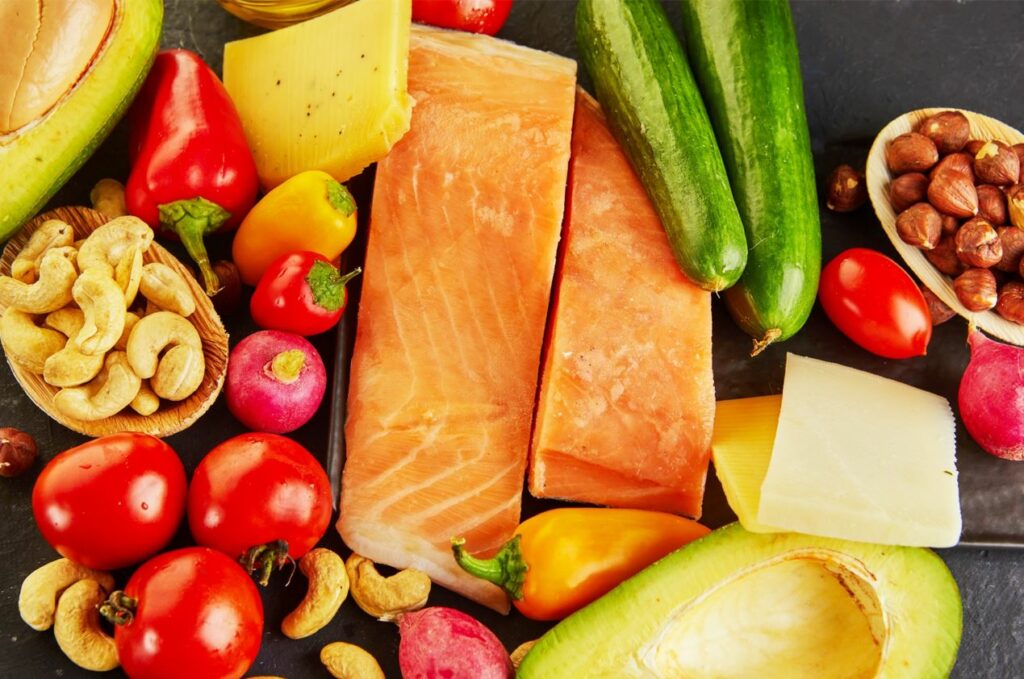
Quinoa – A half cup of cooked quinoa gives you 20 grams of carbohydrates one cup of quinoa provides you with 8 grams of protein and 5 grams of fibre. This pseudo-cereal contains all nine essential amino acids and is a low glycemic index.
The best part is it is gluten-free and is perfect for people suffering from gluten intolerance. Quinoa is a rich source of vitamin B, magnesium, calcium, potassium, iron, phosphorus, and vitamin E. In addition, it also contains flavonoids such as quercetin and kaempferol.
Oatmeal – A cup of cooked oatmeal provides you with only 28 gram. In addition, it contains beta-glucan that slows down digestion process and keeps you full for a longer period. It lowers the level of cholesterol and manages blood sugar
Buy plain version of oatmeal and not favoured instant oats that comes with lots of sugar.
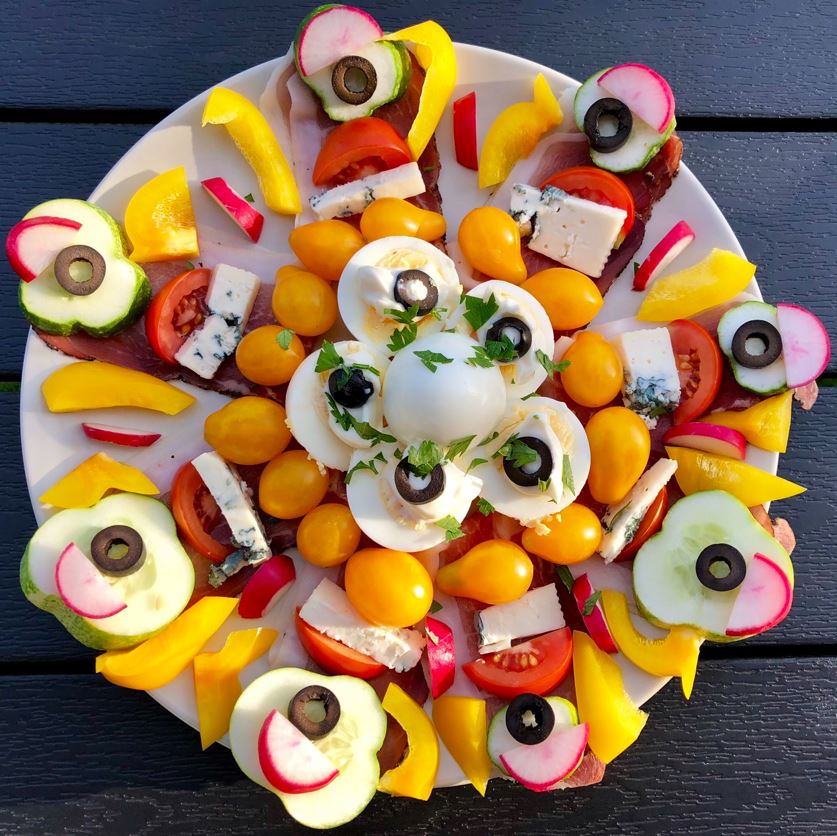
Bulgur – Bulgur is the lowest-carb whole grain. It is typically made from cracked wheat berries. It is easy to prepare and highly nutritious cereal grain rich in manganese, iron, magnesium, and vitamin B. Just one cup of cooked bulgur provides only 25.5 grams of net carbohydrates.
Millets – Like other whole grains, millets are also rich in polyphenols and antioxidants that reduce the risk of inflammatory diseases such as type 2 diabetes. In addition, it is a rich source of fibre.
A cup of cooked millet provides you with only 39 grams of net carbohydrate. In addition, it is high in minerals and vitamins such and magnesium, calcium, phosphorus, and folate.
Wild rice – In comparison to other types of rice, wild rice is low in carbs. One cup of cooked wild rice provides you with only 32 grams of net carbohydrates. In addition, White rice is a rich source of health-promoting phenolic compounds and several other nutrients such as folate, Vitamin B6 and zinc.
Spelt – Spelt or hulled wheat is whole grain-rich in magnesium, zinc, magnesium, and niacin. One cup of cooked spelt provides you 44 grams of net carbohydrates and 7.5 grams fibre. The high fiber food lowers the risk of type 2 diabetes, heart diseases, and certain types of cancer.
Barley – Barely is a nutty flavored, chewy textured, distinctive, and nutritious cereal grain. It is a high-fiber food one cup of cooked barley contains 41.5 grams of carbohydrates and 6.5 grams fibre. In addition, it is a good source of minerals such as selenium, zinc, magnesium, copper, and manganese.
Eat hulled barley instead of pearled one as hulled barley is less processed.
- Polenta – If you are on a gluten-free diet, add polenta to your diet. It is a coarsely ground cornmeal boiled in water and served hot as porridge. 3/4th gram of polenta contains 17 g carbohydrates. It is easy to cook and contains nutrients such as vitamin E and vitamin B.
We do not recommend pre-cooked or packaged polenta as they are made from degerminated corn and are not considered a whole grain.
- Eggs – Egg is a high-protein food that has zero-G carbohydrates. One large egg provides you with 6 grams of protein and 5 grams of fat. In addition, it is packed with essential nutrients such as lutein, choline, and vitamin D. The new research in the American Journal of clinical nutrition shows that eggs do not contain cholesterol and do not increase the risk of heart diseases.
- Hemp seeds – People on low carb diet complain of a lack of taste and variety. Sprinkling hemp seeds on oatmeal, salads, or yogurt gives you a nutty crunch. In addition, hemp seeds are rich in protein, iron, zinc, and magnesium. 3 tbsp hemp seed provides you with 1 gram and 9 grams protein.
- Broccoli and other low-carb vegetables – In our low-carb vegetable list, broccoli tops. It is a cruciferous vegetable that can be eaten cooked or raw and keeps your stomach full for a long time. One cup of broccoli contains only 6 grams of carbohydrates. In addition, it is rich in vitamin K, vitamin C, fiber and contains cancer-fighting compounds.
Other vegetables in the list of low-carb foods include cucumber, bell pepper, asparagus, green beans, Mushroom, celery, cabbage, cauliflower, spinach, kale Brussel sprouts, Onion, tomato, Zucchini, and Swiss chard.
Most vegetables are low in carbs except starchy root vegetables such as sweet potato and potato. Fill your plate with lots of minerals and vitamins-rich low-carb vegetables and stay healthy.
Fruits – In comparison to vegetables, fruits are high in carbs. You cannot exclude fruits from your balanced diet, as they are rich source of minerals, vitamins, and antioxidants depending on how many carbs you aim for, you may restrict fruit intake to 1-2 pieces per day.
However, we have included low-carb or fatty fruits in our list. Some low-carb fruits are lemons, oranges, mulberries, raspberries, apricot, grapefruit, strawberries, olive, and avocado.
Diary – If you do not suffer from lactose intolerance, than dairy are excellent low-carb foods. Check label before buying any dairy product to make sure they are sugar-free.
If you are on a low-carb diet, you have many food options that fit your Healthy Diet regimen. We have provided to with the list of low-carb foods. Now you can plan your diet accordingly.
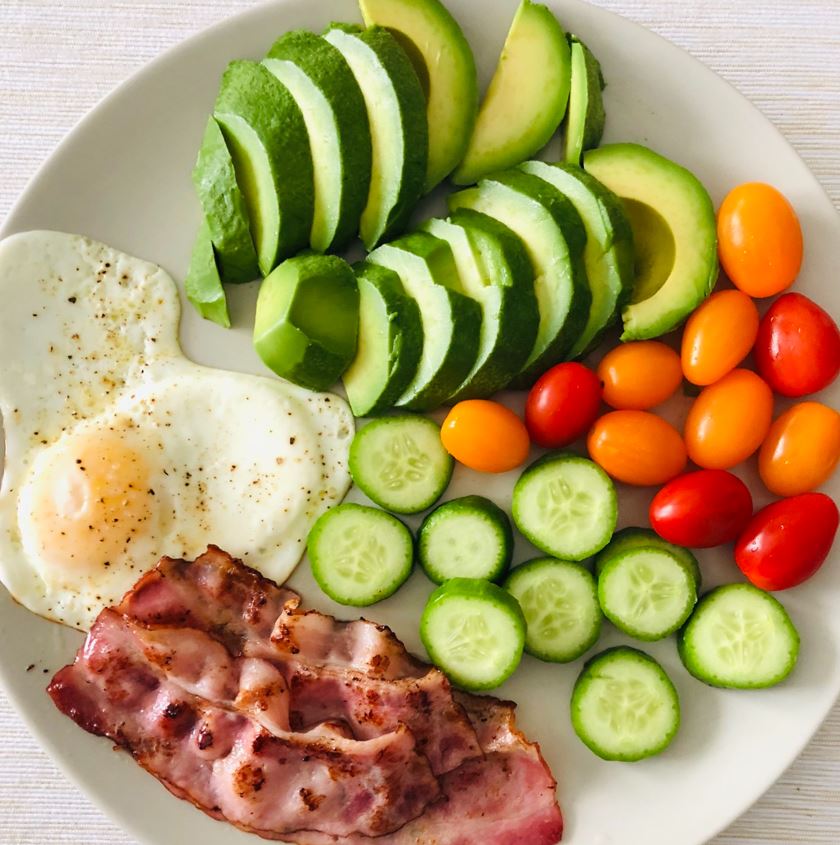
Please Note:
We have included zero-carb foods, but we do not recommend you to follow zero-carb diet. Low-carb diet make you eat fewer carbs.
In contrast, zero- carb or no-carb diet is an extreme version that eliminates all carbs, including fruits, most vegetables, and whole grains. Completely removing carbohydrates from your diet is highly restrictive, unnecessary, and is not recommended.
It may lead to constipation, Low energy level, exhaustion, and nutritional deficiency In addition, your brain gets energy only from carbohydrates; thus, highly restrictive Low-carb foods may lead to Headaches, confusion, weakness, and light-headedness. The best is, before bringing any changes to your diet schedule, please consult your dietitian to get a balanced diet plan.

